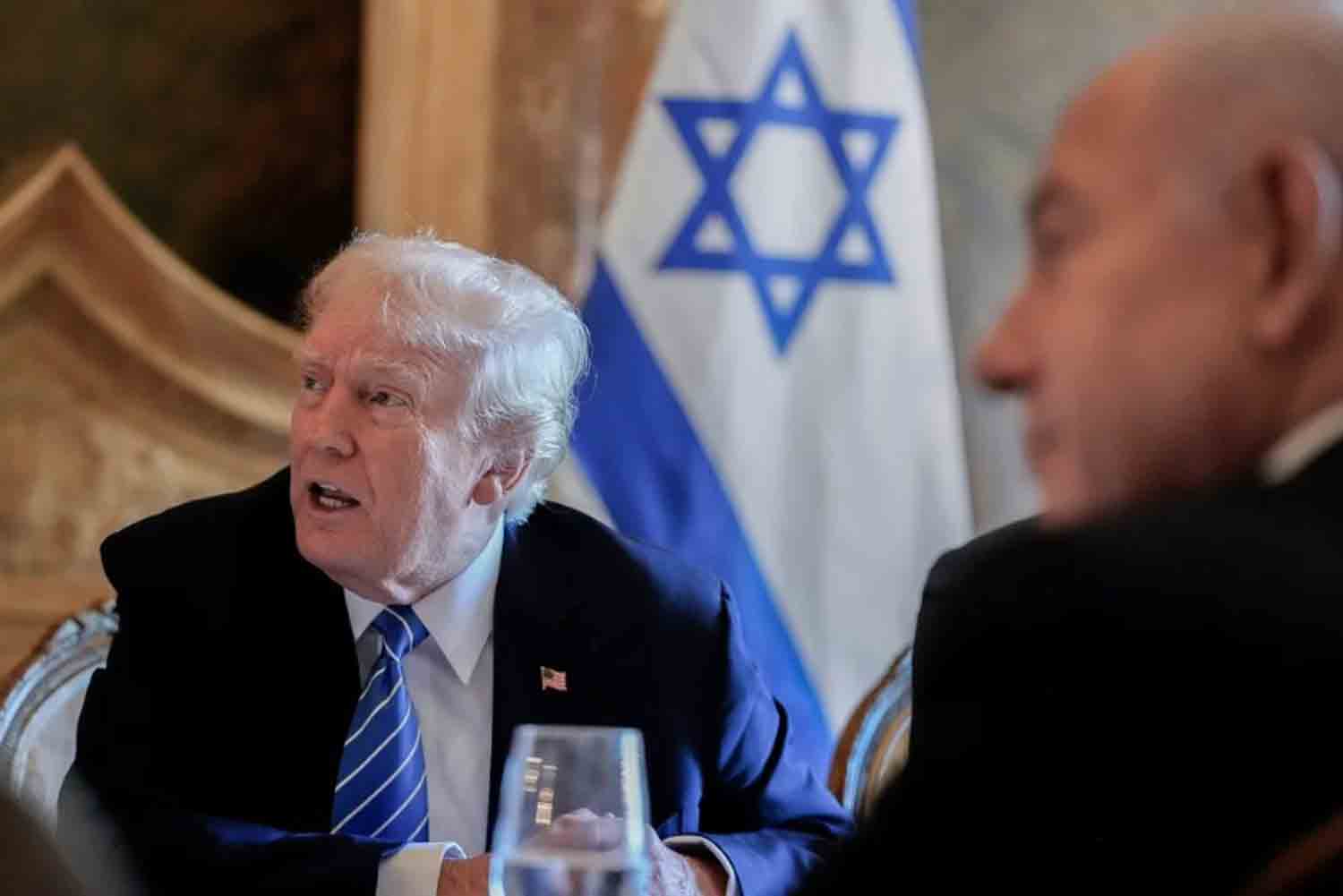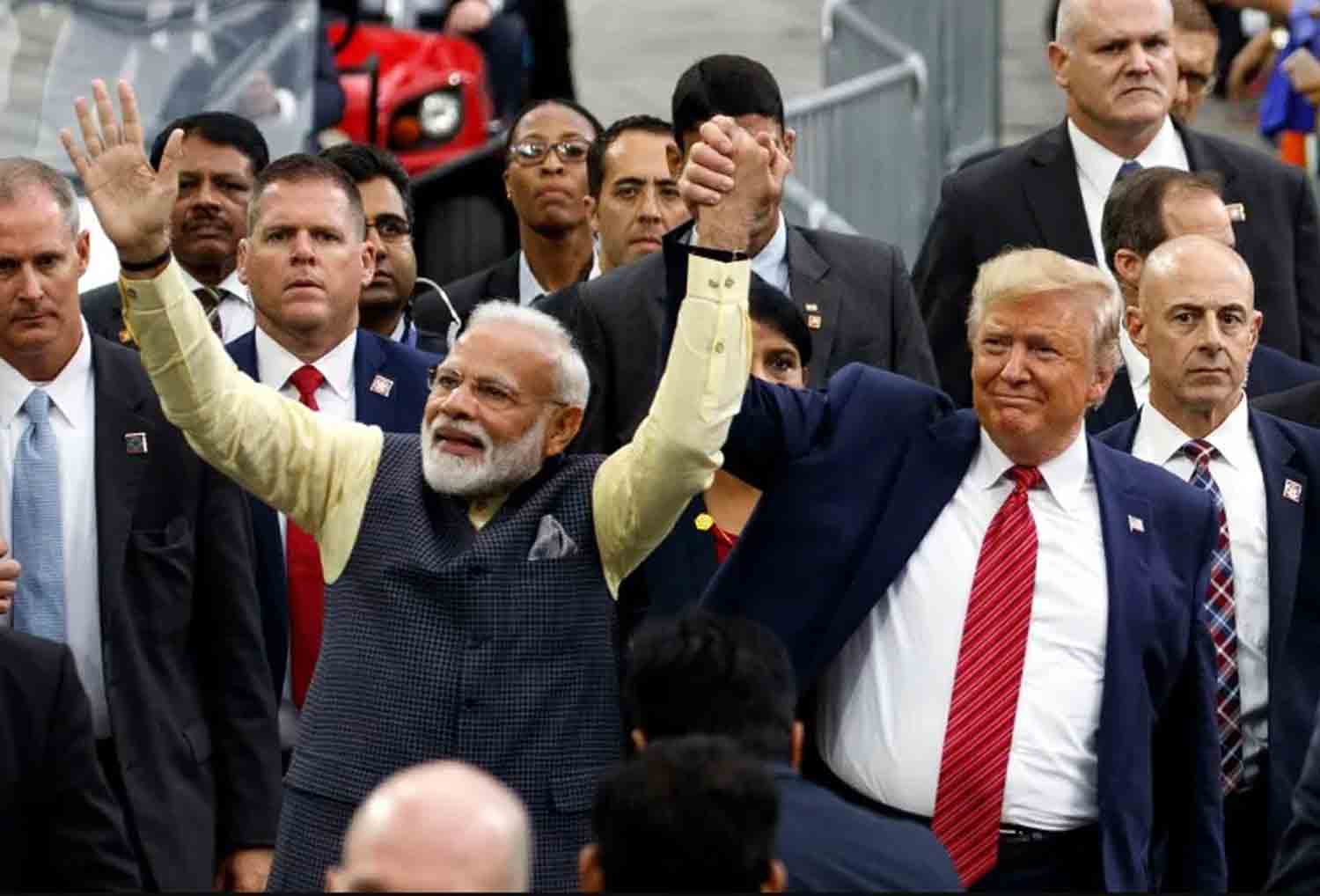The potential outcomes of Donald Trump’s second term could range from catastrophic, fundamentally altering the global landscape, to disappointingly superficial, lacking in meaningful substance. However, it is certain that his presidency will bring about significant disruption. Even a pronounced shift towards American isolationism, characterized by minimal engagement, is likely to result in noteworthy changes.
Our understanding of Trump’s foreign policy remains remarkably limited, a situation he appears to prefer. He has expressed opposition to prolonged military engagements involving the U.S. and seems to have an affinity for authoritarian leaders or strongmen. He favors what he perceives as advantageous deals while dismissing those he considers unfavorable. His skepticism towards American allies who he believes exploit the relationship is evident, as is his rejection of the concept of global warming. Throughout his first term, he demonstrated a desire to be deeply involved in all matters.
What sets the president-elect apart is the minimal requirement he has faced to clarify his foreign policy views. In contrast, George W. Bush faced significant scrutiny for his inability to identify key foreign leaders during his campaign, a situation Trump is unlikely to encounter.
The mainstream media is grappling with the miscalculations that led to this election outcome. A similar analysis of Trump’s anticipated foreign policy direction may be warranted. It is important to note that Trump does not take office in a peaceful world, where America’s role as a symbol of freedom and moral authority has ensured stability.
The Biden administration is leaving behind a landscape filled with unresolved global crises, some of which are intensifying. While the current administration may have done its utmost under challenging conditions, one must consider whether some level of disruption could yield positive results. Could a chaotic reassessment of strategies be beneficial? Let us explore this idea further, even if it may seem overly accommodating to the incoming administration.
Trump’s initial term was relatively quiet when compared to the tumultuous four years that followed. Key events included the defeat of ISIS, controversial immigration policies, the withdrawal from the Iran nuclear agreement while negotiating with the Taliban, allowing Turkey to invade northern Syria, and the peculiar rapport with Russian President Vladimir Putin.
In contrast, Biden’s presidency has been marked by a series of significant events: the abrupt end of the United States’ longest war in Afghanistan, Russia’s invasion of Ukraine, and the escalation of conflict in Israel and Gaza starting October 7, which also involved Iran and Lebanon. While Trump may have laid some groundwork for these developments, it is clear that Biden faced a much more active and challenging landscape.
Was Trump responsible for the relative calm of his first term? If one seeks a notable achievement from 2017 to 2021, the assassination of Iranian General Qasem Soleimani in January 2020 stands out. The news of Soleimani’s death, a key figure in Iran’s military establishment and a prominent regional leader, came as a shock when a US drone strike took him out in Baghdad.
Even a US official involved in the operation expressed astonishment at the boldness of the action. There were concerns that this could destabilize the region, prompting Iran to retaliate aggressively. However, the anticipated fallout was surprisingly minimal. This incident highlighted the limitations of Iranian influence, which had been diminished by its prolonged involvement in conflicts against Syrian rebels and ISIS. The US demonstrated its capability to eliminate Iran’s top military figure without facing significant repercussions.
Did this event contribute to Iran’s increased support for proxy groups that later escalated tensions in the region after October 7? It’s a possibility. Alternatively, it may have simply curtailed Iran’s ambitions. The true impact remains uncertain, but it marked the beginning of a series of instances where Iran appeared increasingly vulnerable.
Trump’s evident partnership with Israeli Prime Minister Benjamin Netanyahu appears poised to favor the Israeli leader. However, the president-elect’s overarching tendencies may restrict Israel’s strategic choices. The continuous financial and military support for Israel’s various conflicts contradicts Trump’s broader objective of diminishing U.S. global engagement.
Additionally, he may be aware of the repercussions that backing the conflict in Gaza had on the Democrats during his electoral victory. Netanyahu has likely accomplished much of his regional agenda following the devastating attacks on Lebanon and Gaza, and may find his newly elected U.S. counterpart less inclined to support him in future military endeavors.
The protracted conflict with Iran will require immediate focus. Nevertheless, Tehran has learned that Trump can be unpredictably reckless and indifferent to international standards. Should Iran pursue nuclear capabilities, it should anticipate a severe U.S. reaction. Trump might also preemptively strike Iran, potentially with Israeli support. As President Joe Biden, who sought to avoid conflict with Iran, exits the stage, Iran appears significantly weakened. Tehran now faces a U.S. president it allegedly attempted to assassinate, who has previously demonstrated a willingness to engage in war, even when Iran was in a stronger position.
Trump’s unpredictable nature and sense of pride could significantly influence China, whose leader, Xi Jinping, congratulated him on his election while cautioning that the U.S. would suffer from confrontation and benefit from collaboration. A detrimental trade war might be averted through negotiations. However, China must navigate the complex dynamics of a U.S. president who would resent the necessity of defending Taiwan against a Chinese invasion, yet would equally dislike being perceived as weak if he chose to retreat from such a confrontation.
Beijing likely faces significant challenges in interpreting the intentions of a decision-maker who is both unique and unpredictable. This uncertainty complicates its ability to ascertain when, or if, a potential action regarding Taiwan would trigger the military response that President Biden has indicated.
The most immediate and precarious decision awaiting Trump concerns the ongoing U.S. support for Ukraine. Any potential agreement may require Kyiv to make territorial concessions, which could create a temporary cessation of hostilities, allowing Moscow to reorganize. This scenario poses substantial risks to European security.
At this juncture in the conflict, Ukraine also requires time to regroup and rearm. It is experiencing rapid territorial losses, possibly at the highest rate since the onset of the invasion, and would greatly benefit from a halt in frontline activities. Additionally, Ukraine is caught in the midst of a significant foreign policy dilemma for Biden: providing sufficient support to prevent a Ukrainian defeat while avoiding enabling a decisive victory over Russia. Eventually, Ukraine may exhaust its supply of willing combatants.
President Volodymyr Zelensky has anticipated the moment when the notion of another “forever war” would lose its appeal to NATO, leading the world’s largest military alliance to eventually reduce its involvement. All indications from Trump suggest he desires a similar withdrawal in the near future.
Trump’s alarming and perplexing admiration for Putin raises significant concerns regarding the implications of any agreement for Europe and the NATO alliance, which was established to counter Russian aggression. However, this is a scenario Ukraine would have inevitably faced, barring a domestic upheaval or collapse in Russia. Will Moscow accept a more favorable arrangement with a US president who is less confrontational and personally antagonistic towards Putin? Does Putin risk offending Trump if that agreement is later undermined, revealing their partnership as insincere?
The answers to these inquiries remain uncertain for now. However, it would be shortsighted to assume they will necessarily favor Kyiv.
Moreover, Trump’s rise to power has not introduced a new array of global crises and challenges. Instead, it compels the US and its allies to confront the same issues with altered perspectives, strategies, and priorities.
This shift could have dire consequences for the existing world order and for Western democracies as a whole. Alternatively, it might inspire weary societies and alliances to embrace a renewed spirit of enlightened compromise and vigorous defense.
Discover more from Defence Talks | Defense News Hub, Military Updates, Security Insights
Subscribe to get the latest posts sent to your email.





